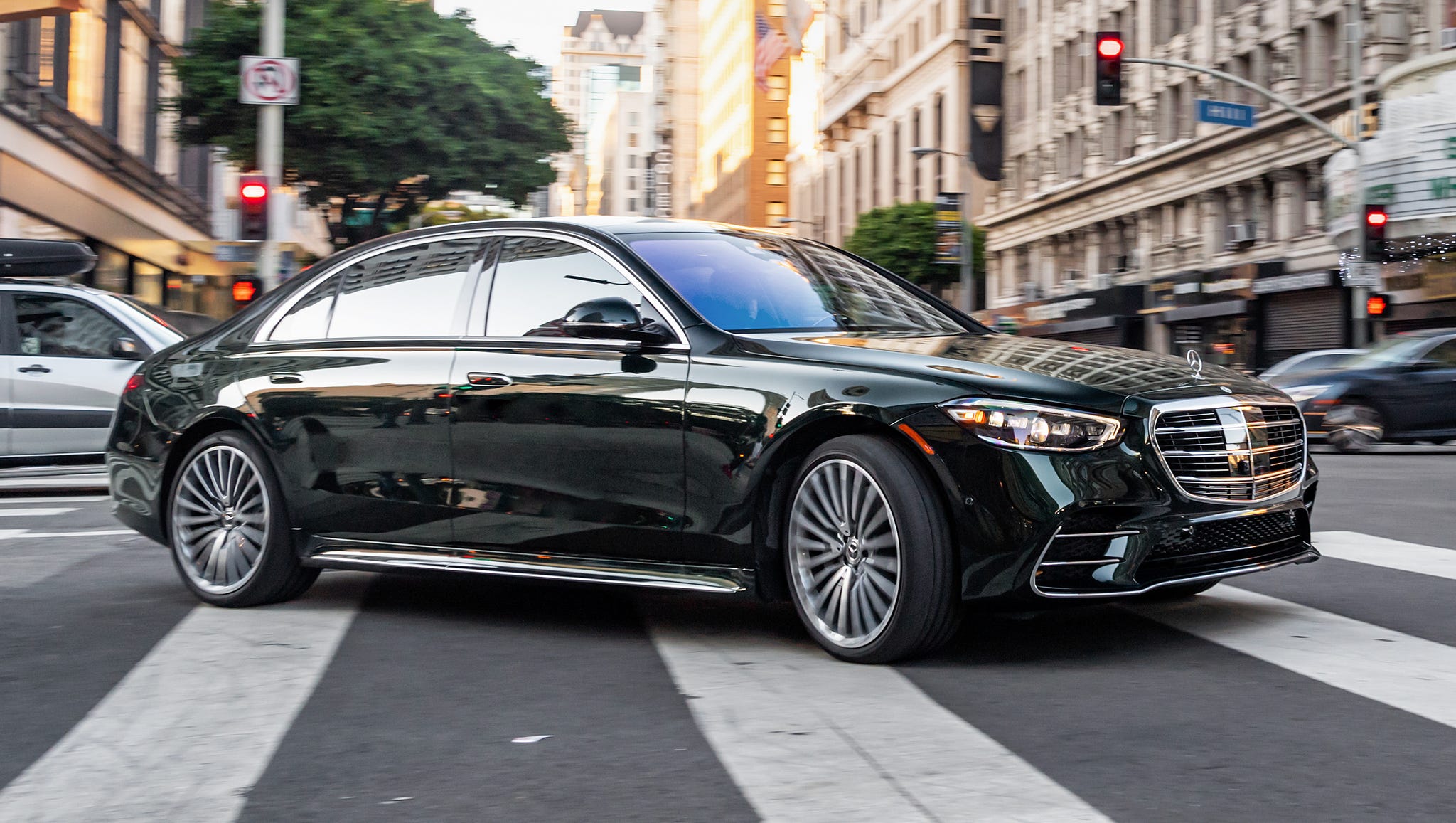German automakers feared retaliation from China after the EU temporarily imposed tariffs on Chinese electric vehicles. Now, these concerns may be coming true as China reportedly considers import tariffs on combustion engine vehicles from foreign manufacturers.

On Friday, the Chinese Ministry of Commerce announced it had consulted experts, industry associations, and representatives to gather opinions on raising tariffs on imported combustion vehicles with large engines. The ministry did not disclose details about the participants or outcomes of the meeting.
Back in May, the Chinese Chamber of Commerce in Brussels warned of increased tariffs on cars imported into China in response to the potential EU tariffs on Chinese EVs. Insider sources suggested that affected vehicles could face a 25% tariff.
This possible measure “would impact European and American automakers, especially given recent developments,” the Chamber stated at the time. German automakers, in particular, would be significantly affected by such import tariffs.
The United States has already imposed steep tariffs on Chinese electric vehicles. In the EU, it remains uncertain whether punitive tariffs will be implemented, as the European Commission must seek approval from the 27 EU member states. A final decision is expected by the end of October.
China has sharply criticized the EU’s actions, accusing it of protectionism and harming European consumers’ interests. Simultaneously, China has initiated anti-subsidy investigations into goods imported from the EU, including spirits, pork, and certain dairy products.
Reinhard Houben, the economic policy spokesperson for the FDP parliamentary group, described China’s actions as transparent: “After targeting pork and dairy products, large combustion engines are now in the crosshairs of the authorities.” Houben believes China is trying to pressure the German government to oppose higher tariffs on subsidized Chinese EVs in Brussels.
In Houben’s view, Chinese tariffs on large combustion engines from Europe are not justified. German manufacturers have been market leaders in the competitive premium segment for decades.
German automakers are already facing declining delivery figures in China, which is reflected in their stock prices. If tariffs of around 25% are imposed, the situation could worsen.








